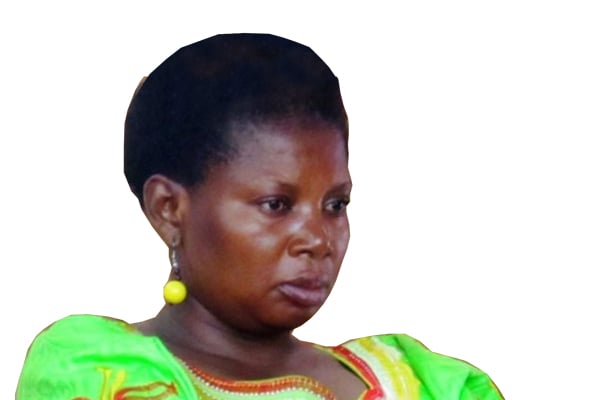Prime
Public servants should be adequately remunerated
The battle between government and public servants has been raging for decades. It is a fact that our public employees are the worst remunerated in the region and this has caused the brain drain for all manner of professionals, with medical personnel topping the list. Other professions have been similarly affected. When it comes to specialised medical consultants, Uganda has more or less been totally depleted of them. Those who have stayed behind are either too patriotic to their own detriment or are making ends meet by abandoning public service altogether for private hospitals and NGOs that pay better.
Our neighbours and countries like USA, Canada, Britain, Australia, etc, have reaped from our investment. Remember it costs hundreds of millions of shillings to train these doctors on taxpayers’ money only for them to be ‘gifted’ away to other countries. This is happening when the doctor to patient ratio in Uganda is near the very bottom in the world, according to WHO reports we have seen over the years.
The government, by commission or omission, is donating services it badly needs to those who are more endowed, but are happy to receive it and improve their healthcare. At the same time, the government spends $150m per annum to fly out politicians and other well connected individuals abroad to receive medical treatment, for ailments which could easily have been handled here if we remunerated our medical personnel well and renovated and equipped the medical facilities across the country. When you add the $200m spent by ‘unconnected’ private citizens per annum, it defeats logic. It was embarrassing, if not shameful, that at the height of the industrial action by doctors, two ministers in the Ministry of Health, who had been vocal in condemning the striking doctors and calling on them to be patient with government while it sorted out the problem of public employees remuneration, flew to seek treatment abroad. None of the ailments of the two could not be treated here if the hospitals had all the necessary equipment.
Many Ugandans have sought treatment abroad after doctors here have done their part and even indicated what was needed to be done, but cannot be performed here. It is not uncommon to find that in the foreign country the ailing Ugandans go, they are treated by doctors who left Uganda in search of greener pastures and professional satisfaction.
During the doctors’ strike, we had voices that Uganda was going to import 300 Cuban doctors to work in public hospitals and doctors on strike were asked to surrender government property and leave if they didn’t have the patience to wait for government to solve their problems. This ridiculous statements were, however, ‘denied’ by government. In a country that loses 200 doctors a year to greener pastures and where the total number of Ugandan doctors working in the country is outnumbered by those in foreign lands, we should do everything possible to stem the brain drain and find ways to attract back those who decamped to countries like Rwanda, Kenya and South Africa.
The only solution to the brain drain and the unending strikes in the public service is to remunerate public servants much better than we are doing now and take into account the principle of equal pay for equal work and ensuring the remuneration is comparative within the region. Uganda should also develop a unified structure for determining salaries for public servants. Ghana, more than 10 years ago, adopted what is referred to as a “single spine structure” where positions in various parts of the public service were graded, categorised and remunerations and scales determined across the board. A professor could, for instance, be equated to a permanent secretary and be remunerated accordingly.
Our neighbours in Kenya have something similar. Categorising public servants into scientists and non-scientists as has been mooted in Uganda is a ‘no - brainer’. Neither is it the right way to encourage students to study science subjects.
Mr Naggaga is an economist, administrator and retired ambassador.
[email protected].


